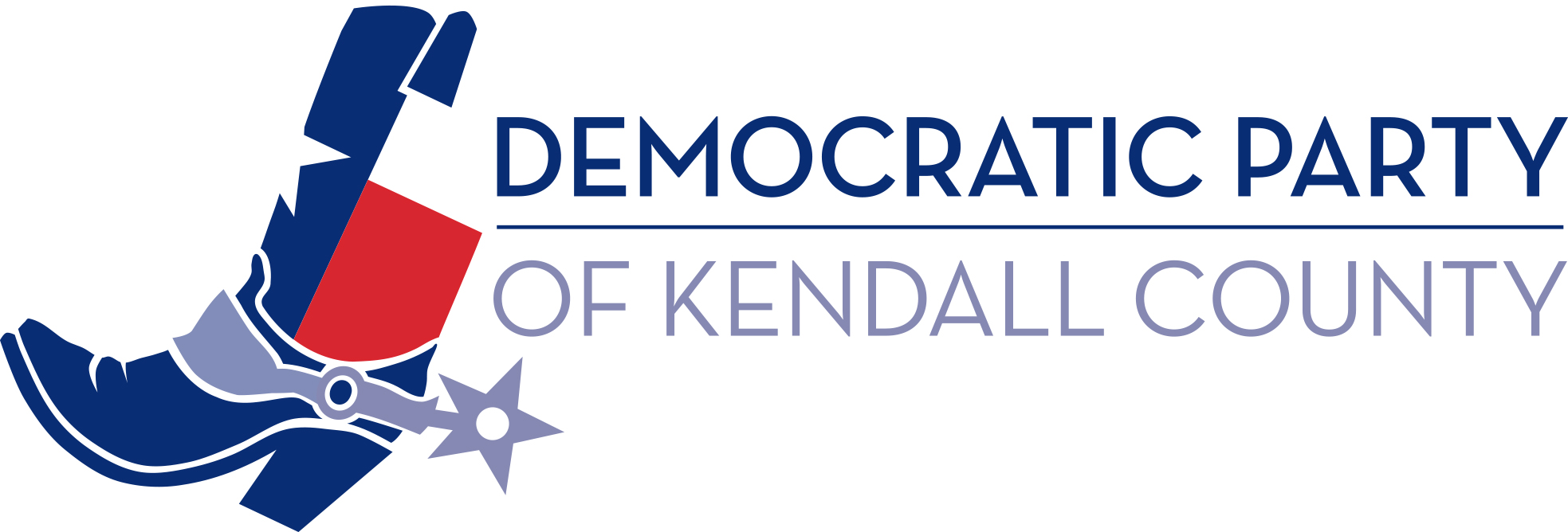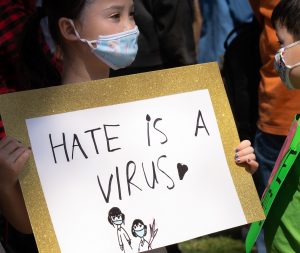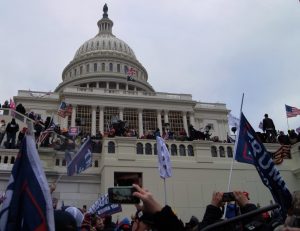by JC Dufresne
for the “Progressive Views” column, Boerne Star, April 19, 2019

It’s not unusual for people to get upset when a District Attorney declines to prosecute someone that many, often including the prosecutor and police, believe is guilty. It’s frustrating and we often want to blame the system. That’s a mistake; we as a nation set a high bar for a guilty verdict and prosecutors don’t often want to waste their limited resources trying a case when they don’t believe they can prove guilt beyond a reasonable doubt. Declining to prosecute is not exoneration; it is an admission that they have been unable to find sufficient evidence to support a guilty verdict. Often that simply means the guilty party has done a good job hiding the evidence or that there is no fingerprint or DNA left at the scene of the crime that provides conclusive proof.
In the case of Trump or a member of his family or campaign leadership possibly conspiring the Russians to influence the 2016 election, there’s plenty of suspicious activity, but without someone on the inside confessing or providing documentation, there is no way to know for sure and certainly no way to prove such a conspiracy in court.
On the topic of Obstruction of Justice, Attorney General William Barr’s original four-page letter to Congress specifically said: “The Special Counsel states that ‘while this report does not conclude that the President committed a crime, it also does not exonerate him.’” This is another case of suspicious activity but not enough concrete evidence to prove guilt. Remember Eliot Ness never proved Al Capone was a gangster or bootlegger or that he’d committed numerous murders. Ness’ teammate Frank Wilson of the Treasury Department proved tax evasion which is why Capone finally went to jail.
There are still half a dozen prosecutions and investigations going on in the US Attorney’s office in the Southern District of New York which specializes in financial crimes and where Donald Trump’s former fixer Michael Cohen is cooperating. Some of the investigations that may lead to prosecuting Donald Trump include a pair of campaign-finance violations for hush payments that Cohen says he made to two women at Trump’s direction shortly before the 2016 election to keep them from talking about alleged affairs with the then-presidential candidate, as well as the financial irregularities of the Trump Organization and Trump’s inaugural committee.
Based on Michael Cohen’s public testimony before Congress, we already know that Trump overstated the value of various assets in order to get a loan. That’s bank fraud – a felony. He also understated the value of assets when reporting his taxable income. That’s tax evasion – another felony. In fact those two crimes are some of what Paul Manafort and his partner Rick Gates pleaded guilty to and have gone to prison for. It’s been reported that there are as many other investigations ongoing into Trump, the Trump Organization and the Trump campaign in other venues as there are in the Southern District of New York. Then there are the various House committees looking into Trump’s taxes and various other activities, so Mueller handing in his final report isn’t the end, it’s just the end of the beginning.



